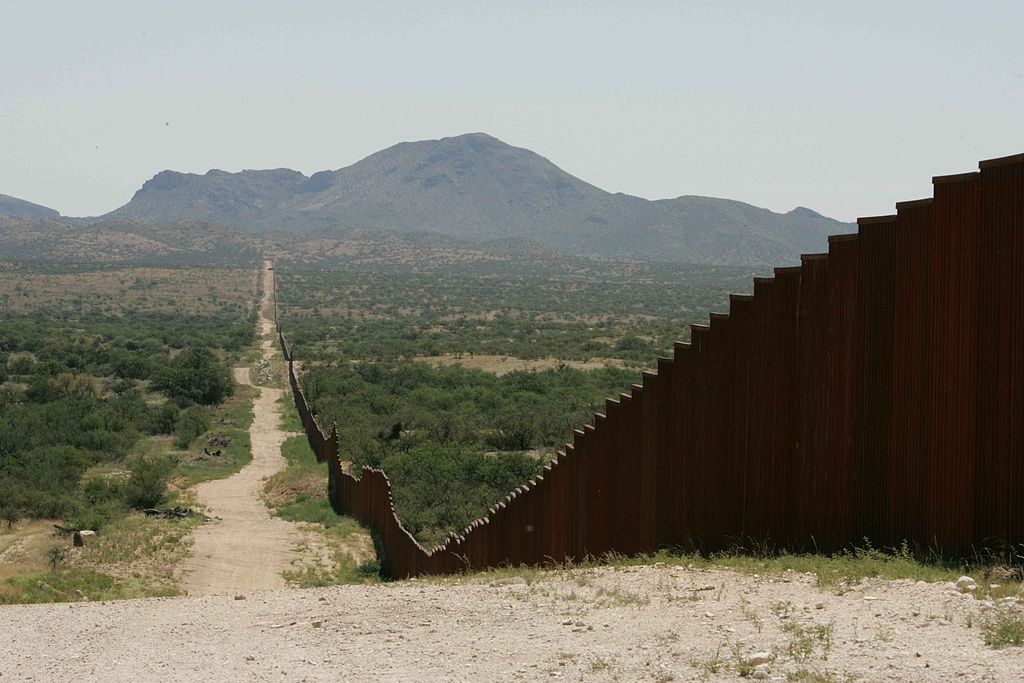What Can be Done about Human Trafficking?
On July 23, 10 people were found dead in the bed of a swelteringly hot tractor-trailer found in a WalMart parking lot in San Antonio, Texas. Authorities found 39 people in the vehicle, but had reason to believe that there had at one time been as many as 100 in the small space. All of the individuals appeared to be suffering from heatstroke, and many will likely have related injuries and other health problems from which they will suffer for the rest of their lives. It appears that the individuals involved were undocumented immigrants, seeking to gain access into the country illegally.
This kind of thing is not unusual. It happens frequently in cases of human smuggling and trafficking. In 2006, truck driver and human trafficker Tyrone Williams was found guilty of the deaths of 19 people. These people, also undocumented immigrants crossing the border, suffocated to death in a truck crammed full of 55 human beings.
There are many who take a hard line on immigration. Many of these people argue that individuals should expect to suffer the consequences of their criminal actions. So, though it may be unfortunate that people get injured and die while attempting to cross the border, these are tragedies that people bring on themselves when they choose to break the law.
Others argue that, morally speaking, gaining entry illegally into one’s non-native country is not a serious infraction. A person has no control over where they are born, and it is hard to find a moral justification for the idea that some people are entitled to a wider range of rights and opportunities simply because they won a birthplace lottery. A person can hardly be seriously faulted for attempting to improve their situation. Some of these same people argue further that country boundary lines are arbitrary, anyway. We are all countrymen to the extent that we are all human beings. Our obligations are, first and foremost, to treat each other with respect and regard without consideration of where any individual person happened to have been born.
On the other hand, there are many important reasons to have immigration policies in place. Perhaps most prominent of these reasons is the moral obligation on the part of the state to provide for the safety and security of its citizens. To keep the country safe from those that would do it harm, we need to know who is immigrating into our country and we need to know, if possible, why they are coming. In addition, countries also spend tax dollars to take care of their citizens. Fairness seems to require that people who are benefitting from the resources of a country should be identified and made to pay their fair share of the taxes that keep the country in operation.
Further debate on this issue turns on who should be held morally responsible in these cases and what the penalty for the morally responsible party should be. Transporting human “cargo” across the border is, of course, a profit deal for the smugglers who engage in the activity. Often, the smugglers have little regard for the lives and wellbeing of the people they are transporting. In this case, police were able to apprehend the driver, but in other cases, lives are lost because vehicles are abandoned when smugglers fear that they are in danger of being caught.
Few, if any, participants in this debate maintain that the smugglers in these cases should not face serious consequences for their actions. After all, when their actions lead to tragedies such as these, the smugglers involved become mass murderers. There is, however, disagreement on the issue of what consequences the immigrants should face. Some argue that, since it is clear that they violated immigration laws, they should be immediately deported. Others argue that these human beings who have been treated like objects have suffered enough. There are plenty of undocumented immigrants who currently live in this country that the government is taking no action to deport. It is morally appropriate to do the same thing in these types of cases.
This case is just one among many that calls into question the way in which a society should deal with behavior that they have good reason to believe will continue to occur with some frequency, whether it is against the law or not. Many immigrants are so desperate to make a better life for themselves and their families that they are willing to put everything on the line – up to and including their own health and their very life – for a chance of making that happen. Because this is the case, the smuggling of humans will inevitably continue, and this might entail that we have a moral obligation to implement changes in our immigration policies to prevent these kinds of tragedies from happening.
We see similar trends when it comes to the contentious issues of prostitution and illegal drug use. The legalization and regulation of prostitution may lead to a reduction in the spread of sexually transmitted disease. Legalization and regulation of drugs that are currently illegal may lead to a reduction in addiction and a state of affairs in society in which drug addiction is treated as an illness. As it is, many claim that our social policies hurt more than they help. We must ask ourselves: are there more humane ways of dealing with the human beings involved in these crimes?





